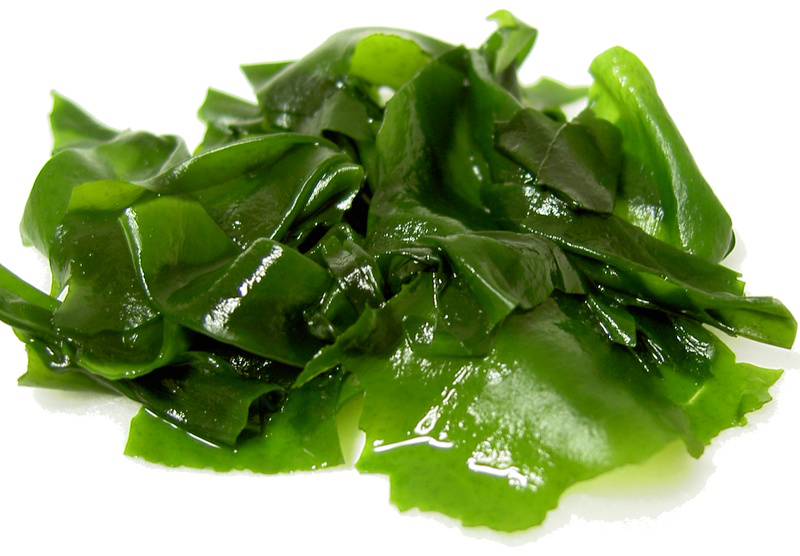Fresh Vegetables are actually a pretty expensive commodity. One thing I've liked to incorporate in cooking recently:
http://nutritiondata.self.com/facts/vegetables-and-vegetable-products/2766/2
Wakame is a type of seaweed commonly used in Miso Soup or other Japanese foods. It's actually got a similar mix of vitamin content to vegetables, and some nutrients you WON'T get in your traditional leafy greens. From nutrition facts:
The good: This food is low in Saturated Fat, and very low in Cholesterol. It is also a good source of Vitamin A, Vitamin C, Vitamin E (Alpha Tocopherol), Vitamin K, Niacin, Pantothenic Acid and Phosphorus, and a very good source of Riboflavin, Folate, Calcium, Iron, Magnesium, Copper and Manganese.
The bad: This food is very high in Sodium.
^However, the sodium point isn't even true for raw seaweed that hasn't been put in miso soup.
The Pragmatic Strong Points:
-Wakame is cheap: A $10 bag will come with almost a cup of the stuff, where as a half-a-handful of dried Wakame will expand in water to form volume and nutrient quantity of a small salad. To put this in perspective: This 10 dollar bag of seaweed can supply the volume and nutrient content of about 2 months worth of romaine lettuce.
-Wakame is a dried food that lasts forever. You never have to worry about whether it's going to "spoil". If you're like me, and you find it a pain in the ass to sometimes manage the purchase and consumption of fresh vegetables against their expiration date, Wakame is a pragmatic substitute that never spoils and can supplement anything with vitamins.
-Flexibility in cooking/easy to eat: Unlike salad vegetables, which can get tiring and take a lot of work to eat, Wakame is extremely flexible from a culinary stand point, and also easy to consume. Whether you put it in traditional Miso soup, or use it in a cold salad, or just chuck it in just about any dish that uses any kind of soup, stew, or sauce, (works well in marinara suprisingly), this is an easy and convenient way to boost the vitamin content of the other stuff you'll eat on a regular basis. Hell, cup Ramen becomes that much healthier just buy throwing in half a handful of Wakame.
-Wakame, while easy to eat, is a very filling food when wet. It will make you feel "full" more quickly than traditional vegetables (due to the high water content it absorbs), so it's an ideal food for weight loss.
-Wakame, is a very non-filling food when dried. Try mixing it with your chips or popcorn or something.





























